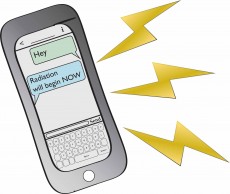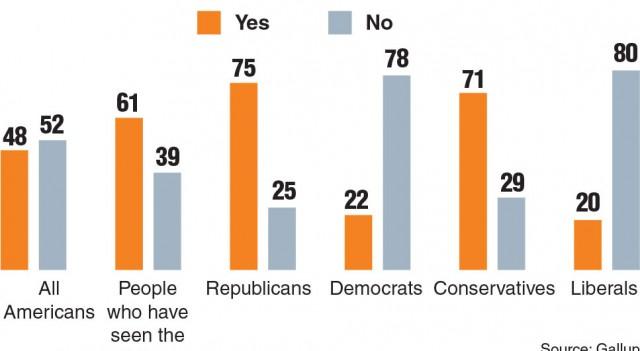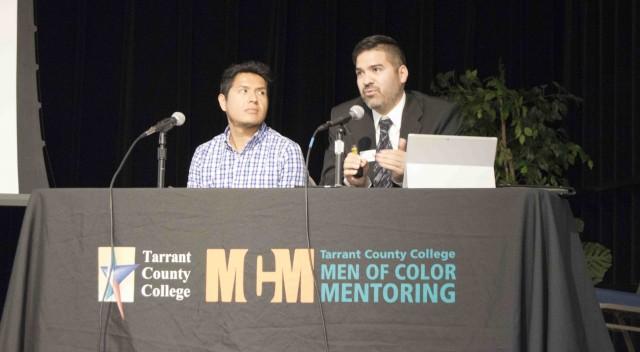By Lauren Gordon/reporter
People stare at it, sleep next to it, and sometimes even take it to the bathroom with them. Some claim it helps them complete tasks while others complain it keeps them up at night.

Suzann Clay/The Collegian
Cellphones have become an item many students will not leave the house without. But radiation from cellphones can possibly cause cancer, according to the World Health Organization. That’s right, the cellphone may be detrimental to one’s health.
Almost every college student owns a cellphone, but very few know what health hazards they may be exposing themselves to. The devices are used for talking, texting and browsing the Internet, along with many other functions.
“My cellphone is pretty much glued to my hand,” NW student Adrianna Escobedo said. “I’m always on it constantly.”
According to the Centers for Disease Control and Prevention, cellphones use radiofrequency radiation to send signals. RF is different from other types of radiation like X-rays that are known to be harmful, but it is uncertain if RF radiation can cause health problems years later. The International Agency for Research on Cancer has classified RF radiation as a “possible human carcinogen.” Carcinogens can cause cancer. Other examples include lead, engine exhaust and chloroform.
Neurosurgeon and CNN chief medical correspondent Dr. Sanjay Gupta says this statement “dealt a blow to those who have long said, ‘There is no possible mechanism for cellphones to cause cancer.’ By classifying cellphones as a possible carcinogen, they also seem to be tacitly admitting a mechanism could exist.”
Currently, cellphone distributors are required to disclose the legal Specific Absorption Rate to consumers to ensure the devices sold in the U.S. comply with the Federal Communications Commission SAR exposure limit. According to the FCC, a phone’s SAR reveals the maximum amount of radiation the human body absorbs from the phone while it’s transmitting.
“I don’t even think about that,” said NW student Amanda Garcia when asked about her cellphone’s SAR levels. “I would ask how hazardous it is, but I probably wouldn’t make a drastic change.”
The Apple iPhone 5 safety manual advises users’ radiation exposure should not go beyond FCC guidelines: “When using iPhone near your body for voice calls or wireless data transmission over a cellular network, keep iPhone at least 15 millimeters (5/8 inch) away from the body.”
To limit exposure to cellphone electromagnetic emissions, the Federal Trade Commission notifies users to increase the distance between the phone and head by using a hands-free device, or speakerphone or to consider texting and limit cellphone use to short conversations. The FTC advises waiting for a strong signal because a weak signal forces the cellphone to work harder, emitting more radiation. Phones also give off more radiation when transmitting than when receiving, so the FTC recommends tilting the phone away from the head when talking and bringing it back to the ear when listening. Basically, the further the cellphone is from the body less radiation is absorbed.
“I talk on the phone at least twice a day whether it’s someone calling me or I’m calling someone for something I need,” NW student Morgan Hensarling said. “If research studies showed that a cellphone caused cancer, I probably wouldn’t use it as much. It would be hard to break, but my life is more important than communicating with people 24/7.”
In the largest international study on cell phones and cancer in 2010, participants who used a cellphone for 10 years or more had doubled the rate of brain glioma, a type of tumor, according to CNN. But researchers have not been able to draw conclusions for other types of cancers.
“If a study were to say cellphones cause cancer, the habits I would change would be being on my phone less,” Escobedo said. “Because we are surrounded by a world of technology, it is very easy to just use a laptop or a tablet instead. I believe this is why I can try to use my phone less.”
There is no concrete evidence that cellphones cause cancer. However, taking precautions ensures safety.






























